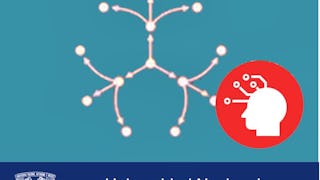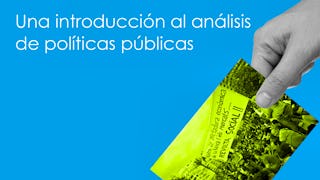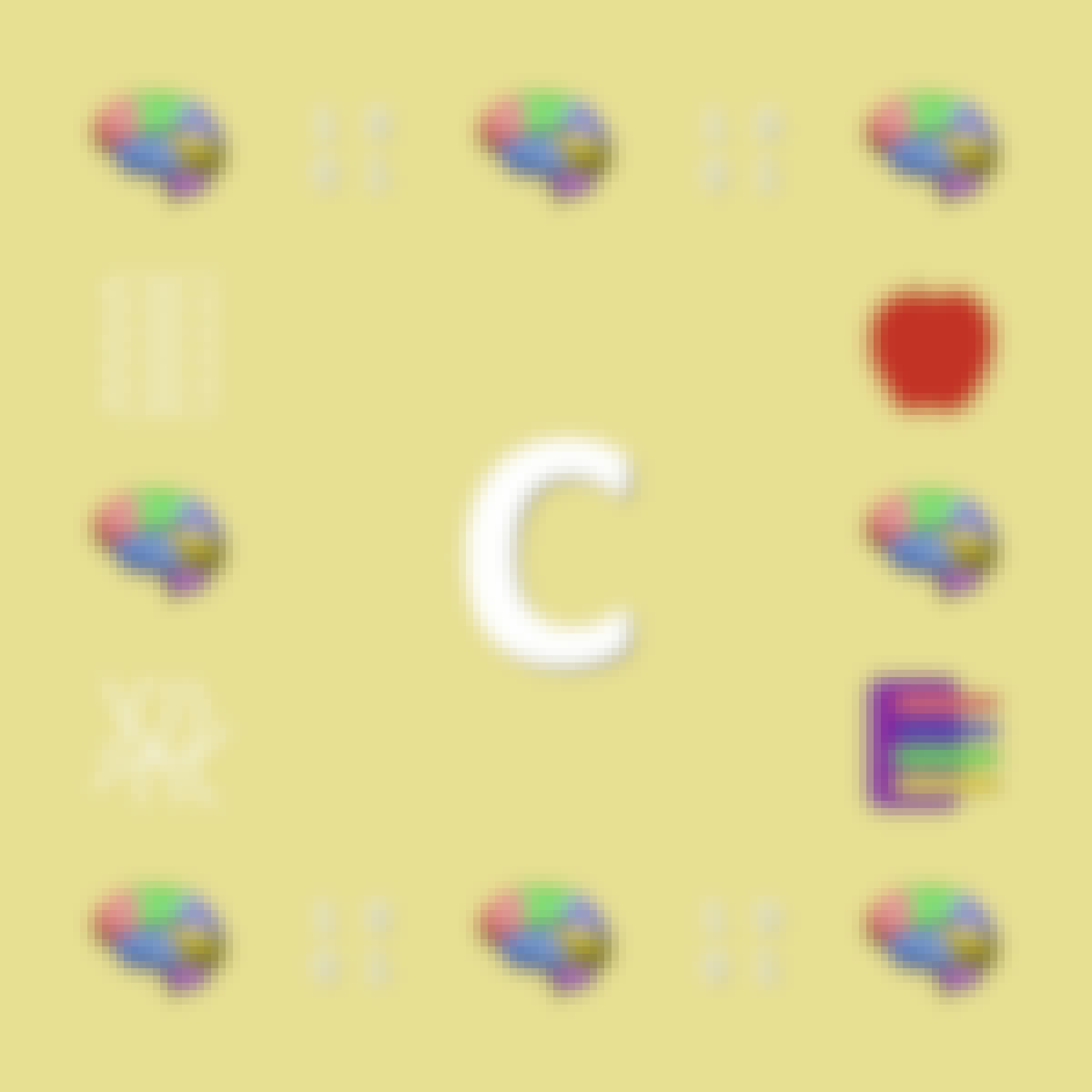- Browse
- Problem Statement
Results for "problem+statement"
 Status: PreviewPreviewU
Status: PreviewPreviewUUniversity of Leeds
Skills you'll gain: Problem Solving, Decision Making, Peer Review, Critical Thinking, Risk Analysis, Brainstorming, Strategic Decision-Making, Persuasive Communication, Estimation, Analysis, Prioritization, Professional Development
4.7·Rating, 4.7 out of 5 stars17 reviewsBeginner · Course · 1 - 4 Weeks
 Status: Free TrialFree TrialU
Status: Free TrialFree TrialUUniversidad Nacional Autónoma de México
Skills you'll gain: Algorithms, Computational Thinking, Theoretical Computer Science, Problem Management, Data Structures, Python Programming, Artificial Intelligence
4.5·Rating, 4.5 out of 5 stars24 reviewsBeginner · Course · 1 - 3 Months
 Status: PreviewPreviewU
Status: PreviewPreviewUUniversitat Autònoma de Barcelona
Skills you'll gain: Policy Analysis, Political Sciences, Public Policies, Economics, Policy, and Social Studies, Public Administration, Program Evaluation, Governance, Case Studies, Emerging Technologies
4.8·Rating, 4.8 out of 5 stars1.4K reviewsBeginner · Course · 1 - 3 Months
 Status: PreviewPreview
Status: PreviewPreviewSkills you'll gain: Exploratory Data Analysis, Data Compilation, Correlation Analysis, Data Collection, Statistical Inference, Statistics, Statistical Methods, Statistical Modeling, Predictive Modeling, Data Analysis, Statistical Hypothesis Testing, Data-Driven Decision-Making, Regression Analysis, Statistical Analysis, Probability & Statistics, Descriptive Statistics, Data Visualization
4.8·Rating, 4.8 out of 5 stars99 reviewsBeginner · Course · 1 - 3 Months
 Status: Free TrialFree TrialB
Status: Free TrialFree TrialBBoard Infinity
Skills you'll gain: Vocabulary, Critical Thinking, Deductive Reasoning, Problem Solving, Grammar, English Language, Analytical Skills, Learning Strategies, Verbal Communication Skills, Complex Problem Solving, Decision Making, Communication
Beginner · Course · 1 - 3 Months
 Status: Free TrialFree TrialF
Status: Free TrialFree TrialFFractal Analytics
Skills you'll gain: Human Centered Design, Problem Solving, Critical Thinking, Analytical Skills, Data Science, Complex Problem Solving, Decision Making, Data Analysis
4.7·Rating, 4.7 out of 5 stars156 reviewsBeginner · Course · 1 - 4 Weeks
 Status: FreeFreeU
Status: FreeFreeUUniversitat Autònoma de Barcelona
Skills you'll gain: Calculus, Advanced Mathematics, Geometry, Mathematical Theory & Analysis, Derivatives
Intermediate · Course · 1 - 3 Months
 Status: FreeFreeU
Status: FreeFreeUUniversity of Alberta
Skills you'll gain: Computational Thinking, Video Game Development, Game Design, Programming Principles, Animation and Game Design, Software Quality (SQA/SQC), Problem Solving, Computer Programming, Theoretical Computer Science, Program Development, Software Engineering, Python Programming, Algorithms, Pseudocode, Data Structures, Application Design, Debugging, Problem Management, Computer Science, Functional Testing
4.3·Rating, 4.3 out of 5 stars235 reviewsBeginner · Course · 1 - 3 Months
 Status: Free TrialFree TrialU
Status: Free TrialFree TrialUUniversity of California, Davis
Skills you'll gain: SQL, Data Quality, Complex Problem Solving, Data Visualization, JSON, Query Languages, Business Metrics, Business Reporting, Data Cleansing, Data Presentation, Forecasting, Data Analysis, Predictive Analytics, Debugging
4.6·Rating, 4.6 out of 5 stars17 reviewsIntermediate · Course · 1 - 4 Weeks
 Status: PreviewPreviewU
Status: PreviewPreviewUUniversidad de los Andes
Skills you'll gain: Java, Object Oriented Programming (OOP), Data Structures, Computer Programming, User Interface (UI), Algorithms, Debugging, Development Environment
4.6·Rating, 4.6 out of 5 stars300 reviewsBeginner · Course · 1 - 3 Months
 Status: Free TrialFree TrialU
Status: Free TrialFree TrialUUniversity of Colorado System
Skills you'll gain: Computational Thinking, C (Programming Language), Data Structures, Programming Principles, Computer Programming, Program Development, Debugging
4.6·Rating, 4.6 out of 5 stars37 reviewsBeginner · Course · 1 - 4 Weeks
 Status: PreviewPreviewU
Status: PreviewPreviewUUniversity of Michigan
Skills you'll gain: Computational Thinking, Programming Principles, Problem Solving, Computer Science, Disaster Recovery, Algorithms, Computer Programming, Public Health
4.6·Rating, 4.6 out of 5 stars1.3K reviewsBeginner · Course · 1 - 3 Months
In summary, here are 10 of our most popular problem+statement courses
- Decision Making - How to Choose the Right Problem to Solve: University of Leeds
- Resolución de problemas por búsqueda: Universidad Nacional Autónoma de México
- Democracia y decisiones públicas. Introducción al análisis de políticas públicas: Universitat Autònoma de Barcelona
- Statistical Thinking for Industrial Problem Solving, presented by JMP: SAS
- Verbal Mastery: Grammar, RC, Reasoning for Exams & Job Tests: Board Infinity
- Structured Approach to Problem Solving: Fractal Analytics
- Càlcul en diverses variables: Universitat Autònoma de Barcelona
- Problem Solving, Python Programming, and Video Games: University of Alberta
- SQL Problem Solving: University of California, Davis
- Introducción a la programación orientada a objetos en Java: Universidad de los Andes










